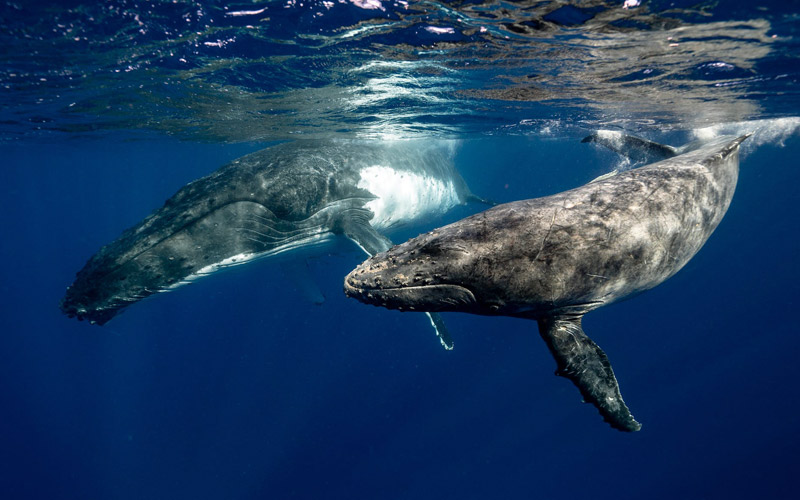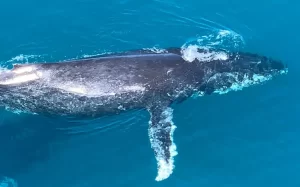
Whale watching is a magical and awe-inspiring activity that allows you to connect with the majestic creatures of the ocean. Whether you’re a seasoned whale-watcher or a first-timer, these tips will help ensure that your whale watching experience is not only memorable but also respectful to these incredible marine beings.
1. Choose the Right Season and Location:
- Research the best seasons and locations for whale watching. Different species migrate at different times, and some regions offer more reliable sightings than others.
2. Book a Reputable Tour Operator:
- Opt for a reputable whale-watching tour operator with experienced guides. Check reviews, ask for recommendations, and ensure that the company follows ethical practices, such as maintaining a safe distance from the whales and adhering to wildlife protection guidelines.
3. Be Patient and Observant:
- Patience is key in whale watching. Keep your eyes on the horizon, and be observant for any signs of whale activity, such as blows, tails, or breaches. Whales can surface unexpectedly, so stay alert and enjoy the anticipation of each sighting.
4. Dress Appropriately:
- Weather conditions at sea can be unpredictable, so dress in layers and wear comfortable, weather-appropriate clothing. Don’t forget sunscreen, a hat, and sunglasses to protect yourself from the sun’s rays.
5. Respect Wildlife and the Environment:
- Maintain a safe distance from the whales to ensure their well-being. Follow guidelines provided by your tour operator and be mindful of the noise level on the boat. Whales are sensitive to sound, and a quiet environment enhances the overall experience for both them and you.
6. Bring Binoculars and a Camera:
- Enhance your whale watching experience by bringing binoculars for a closer view. Capture the magic on camera but be mindful not to disturb the animals with excessive noise or flashes. Enjoy the moment and consider putting the camera down to fully appreciate the whales in their natural habitat.
7. Be Flexible with Your Schedule:
- Nature is unpredictable, and whales don’t operate on a strict schedule. Be flexible with your plans, as sightings may vary. Some tours offer multiple trips within a certain timeframe, increasing your chances of encountering these incredible creatures.
8. Stay Informed about Marine Life:
- Educate yourself about the marine life in the area. Learn about the different whale species, their behaviors, and the ecosystems they inhabit. Knowing more about these creatures enhances your appreciation for the experience and fosters a deeper connection with the ocean.
9. Practice Responsible Tourism:
- Choose eco-friendly tour operators committed to responsible and sustainable tourism. Support initiatives that contribute to marine conservation, and be conscious of your environmental impact during the trip.
10. Share the Experience Responsibly:
- If you capture breathtaking moments, share them responsibly on social media. Use your platform to raise awareness about marine conservation and the importance of protecting these incredible animals and their habitats.
By following these tips, you can embark on a whale-watching adventure that not only provides you with breathtaking moments but also contributes to the conservation of these magnificent creatures. Enjoy the beauty of the ocean and the wonders it holds, and remember to tread lightly, leaving only ripples of respect behind.



